-
Ocean warming: new study shows how ocean fronts have changed in oceanic hotspots and how this could impact global fisheries in the future
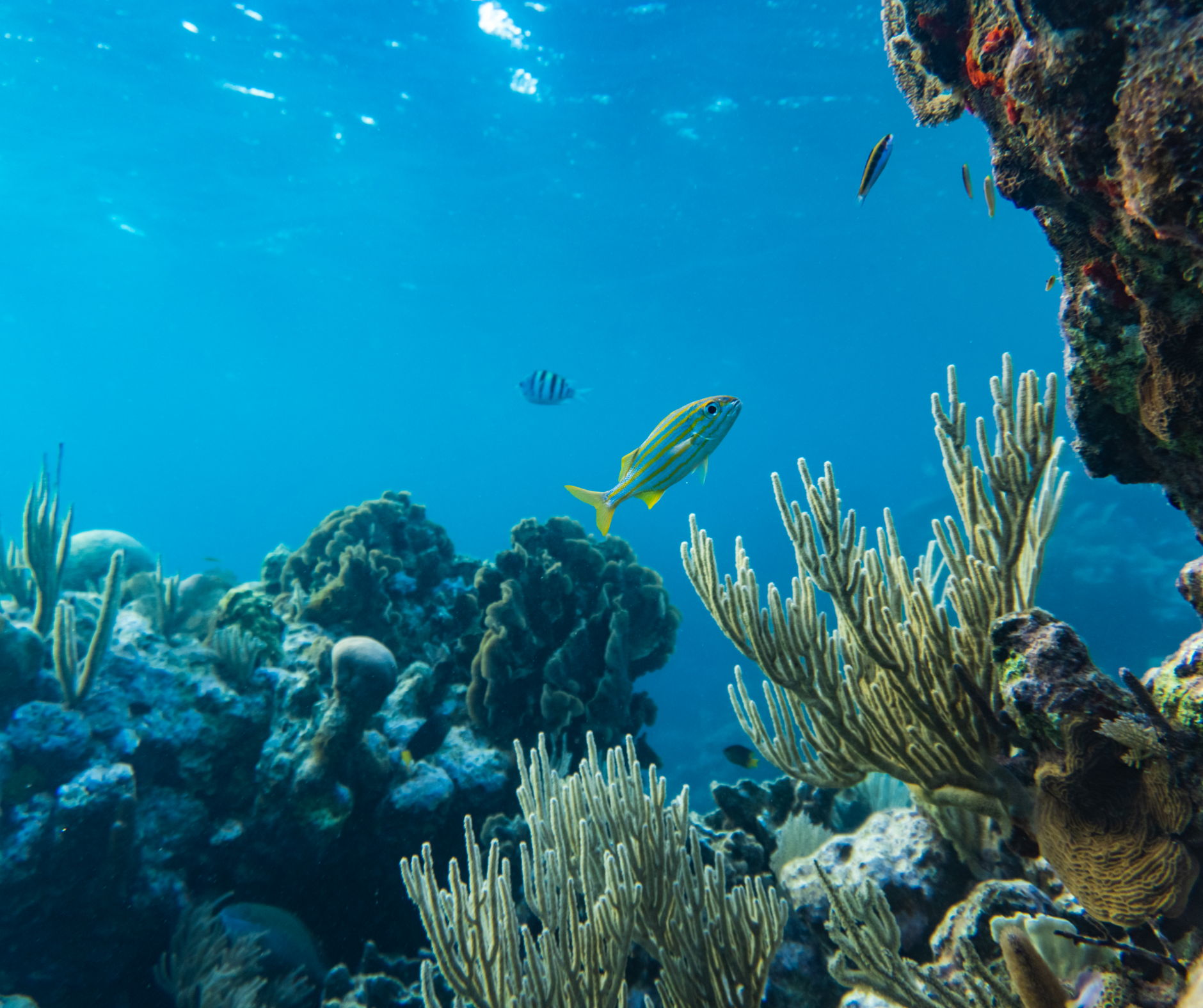
Ocean fronts affect phytoplankton and marine food webs, including commercially important fisheries. As the ocean warms, any change in fronts could have considerable socio-economic impacts.
-
Projecting future heat stress in Australia using climate models

As the summer continues many of us are experiencing very hot temperatures. It is important to be prepared for extreme conditions which can lead to heat stress.
-
What does El Niño do to the weather in your state?

El Niño brings hot and dry weather to the eastern states, but what about the rest of Australia? Explore the impacts of El Niño with this new interactive map.
-
Annual workshop 2023: climate scientists gather in Brisbane for cross-institutional collaboration

Researchers from the ARC centre of Excellence for Climate Extremes came together in one place to celebrate their scientific advances and plan for the future together.
-
In September we went past 1.5 degrees. In November, we tipped over 2 degrees for the first time. What’s going on?
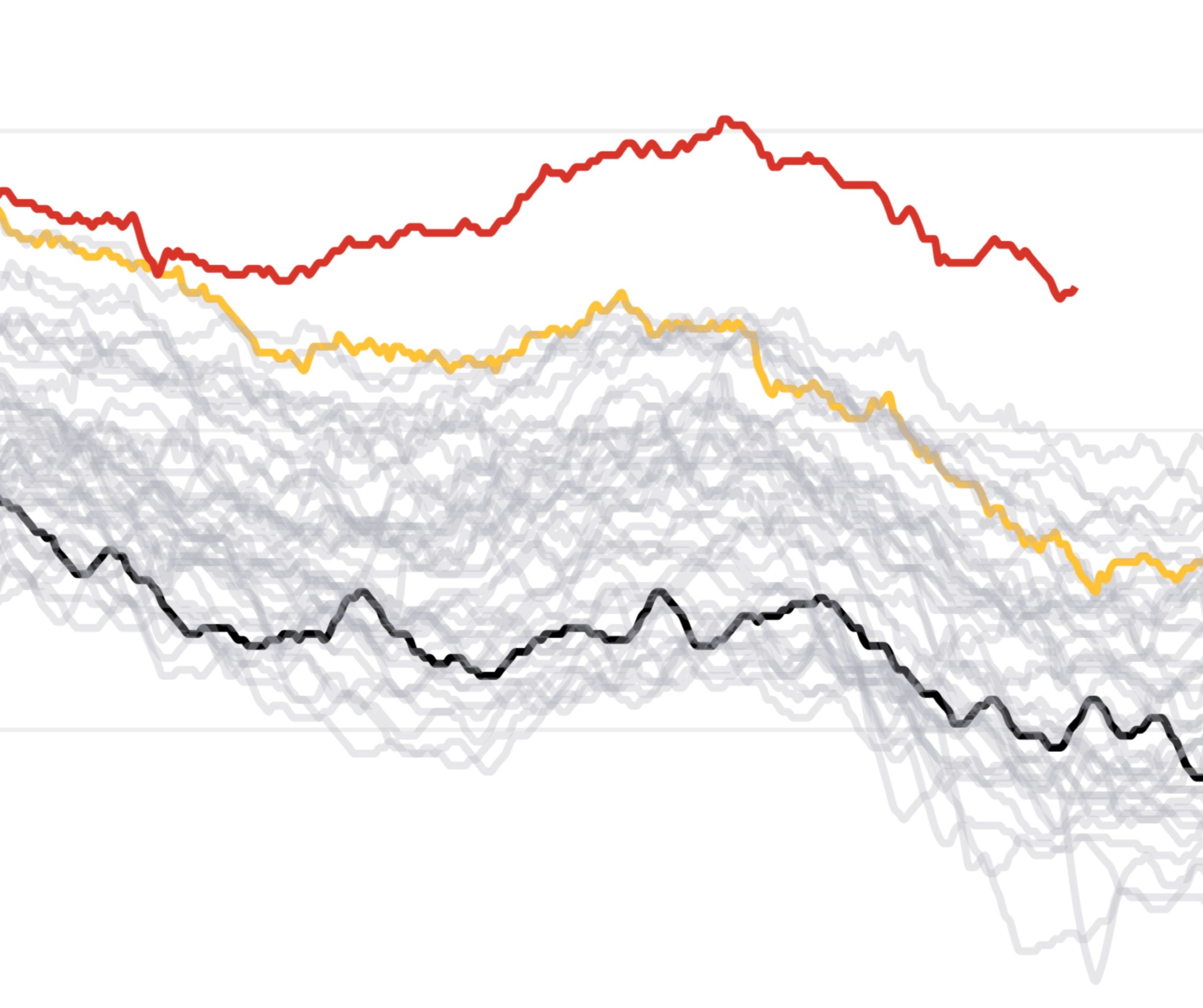
The climate is enormously complex. We should see the first day 2°C warmer than the same day in the pre-industrial period as a stark warning – but not as a sign to give up.
-
Four climate scientists recognised as “Highly Cited Researchers”

Written by Laure Poncet Four scientists from the ARC Centre of Excellence for Climate Extremes have been named in the “Highly Cited Researchers” list for 2023. They are: This list,… View Article
-
A monster eddy current is spinning into existence off the coast of Sydney. Will it bring a new marine heatwave?

What happens to eddies? Like atmospheric systems, these are effectively heat engines. They transport heat to new areas as they whirl in the ocean.
-
Up to a 40% increase in hailstorm-prone days around Sydney and Perth: new research
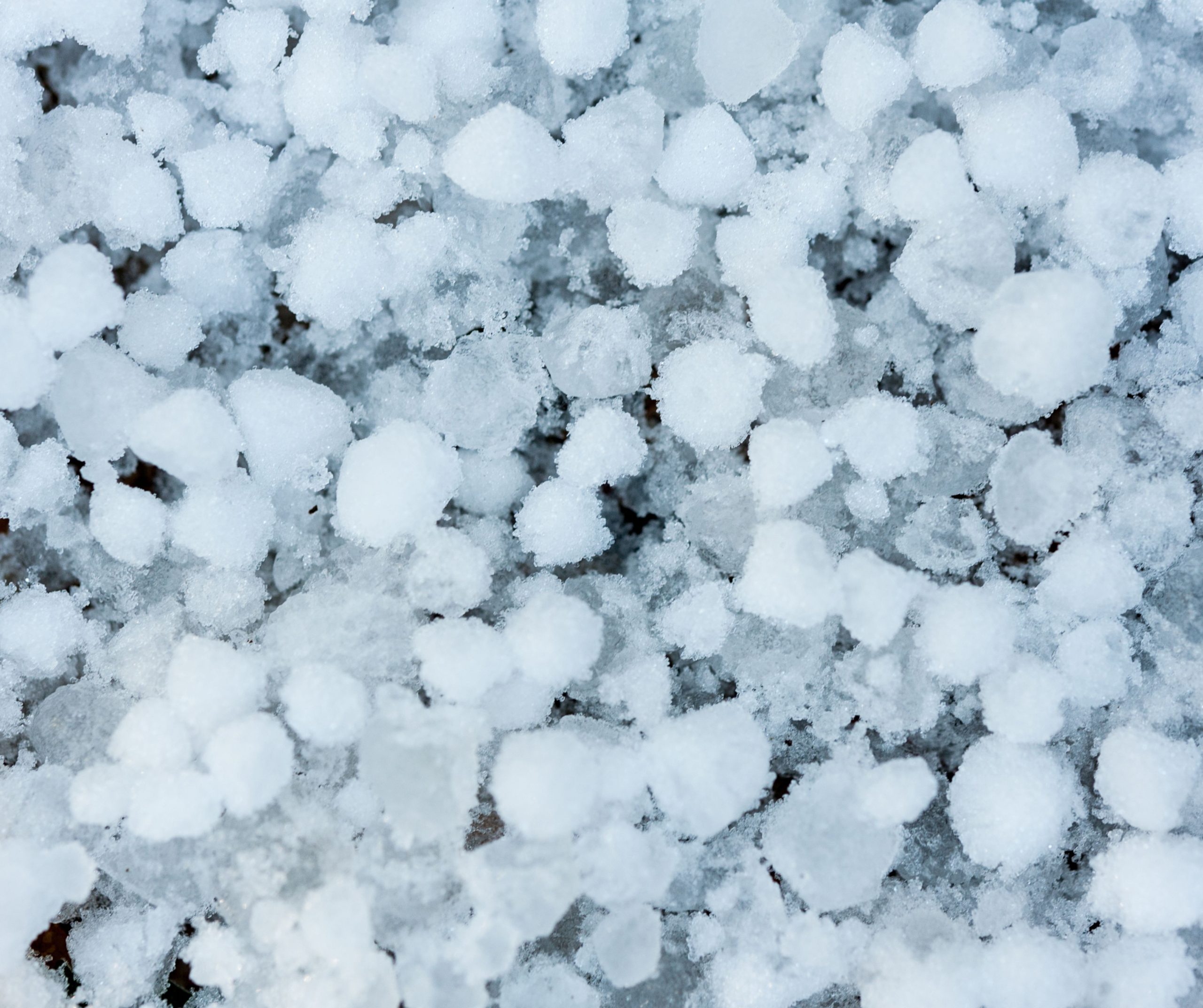
“Over a lot of places, hail-prone days have decreased, but in some places they have significantly increased.”
-
Climate change is disrupting ocean currents. We’re using satellites and ships to understand how
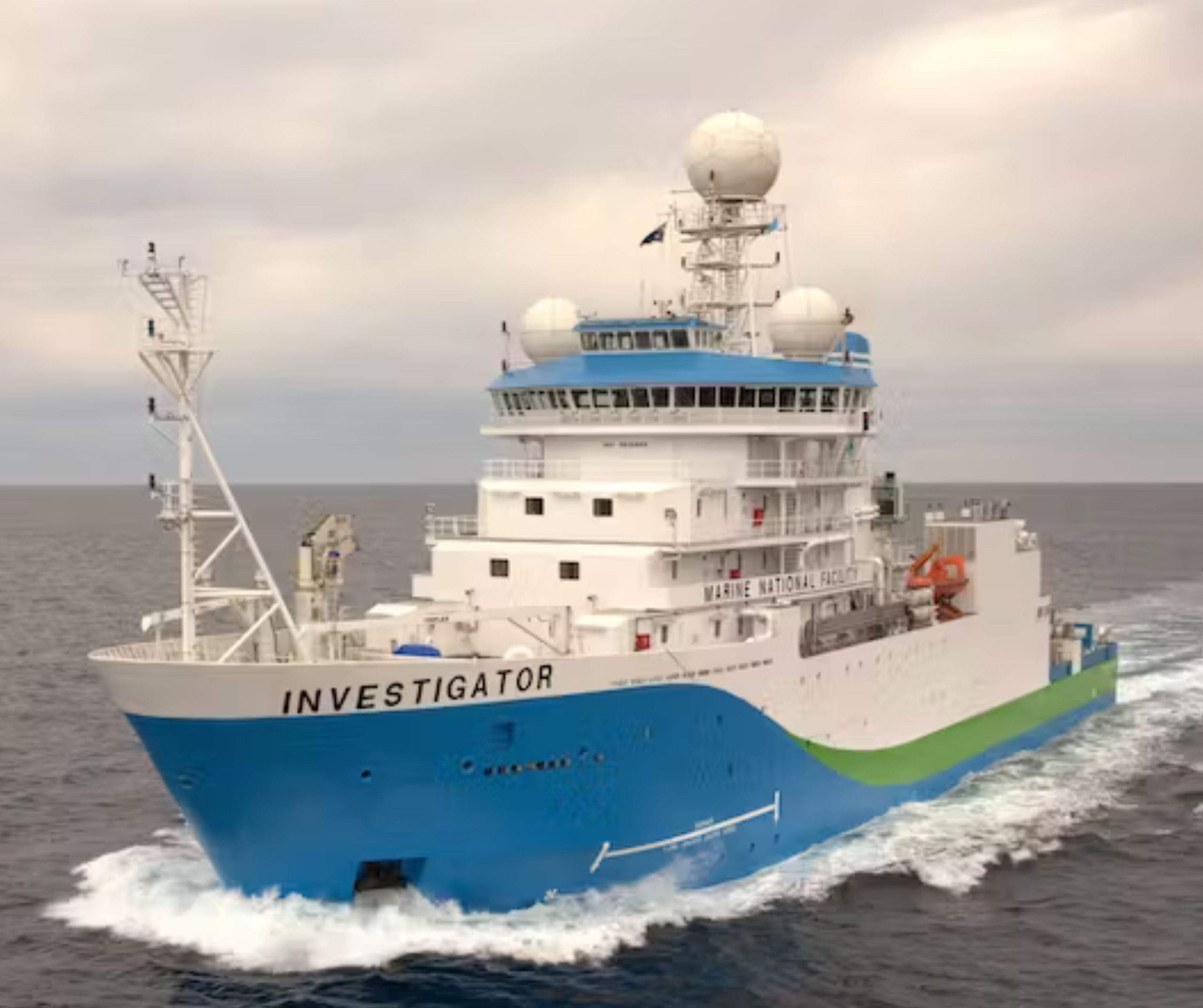
We hope to better understand how our oceans are changing using what we observe in space, at sea — and in the playground.
-
6 reasons why global temperatures are spiking right now
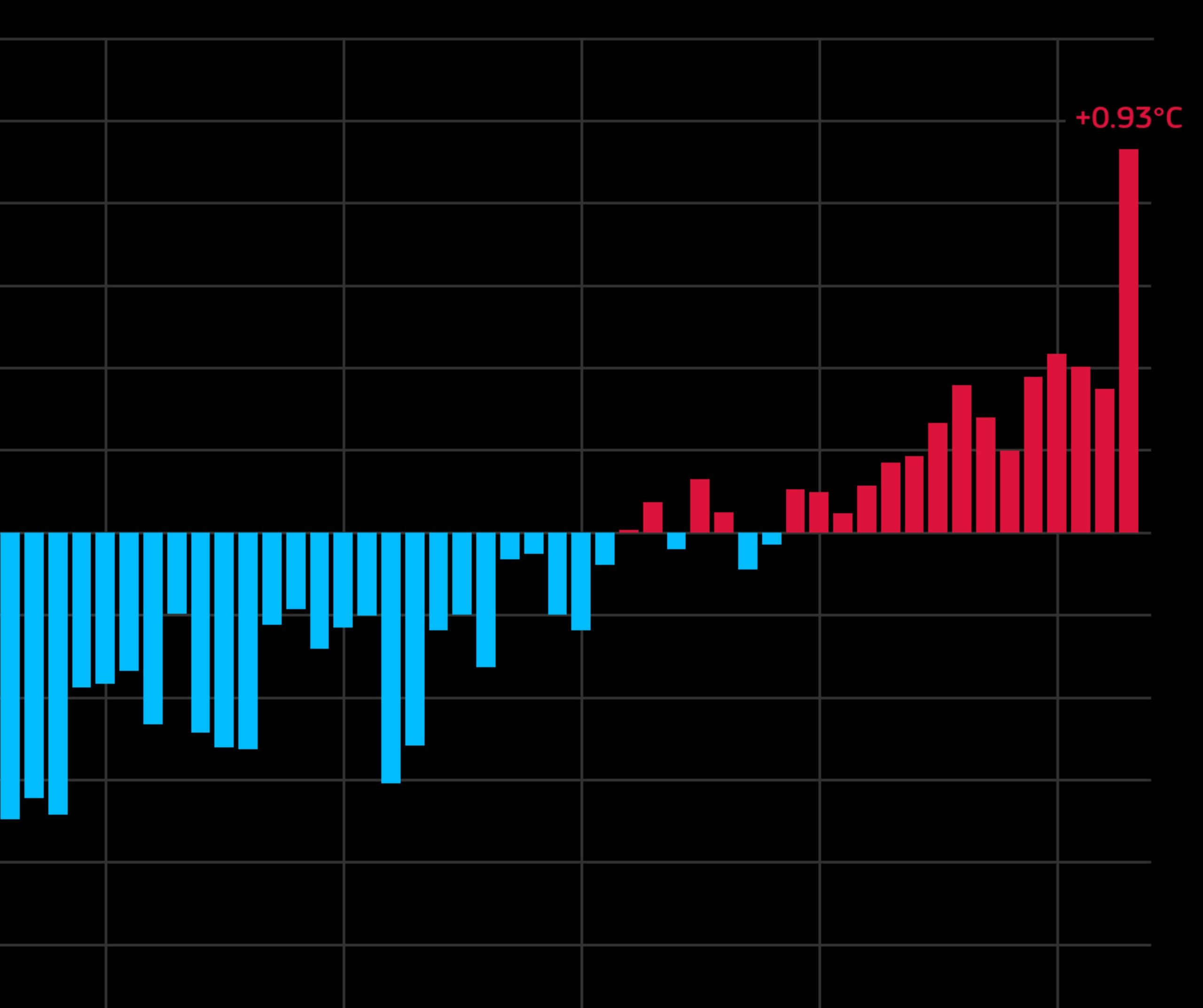
By far the biggest contributor to the overall +1.7°C global temperature anomaly is human-caused climate change.
